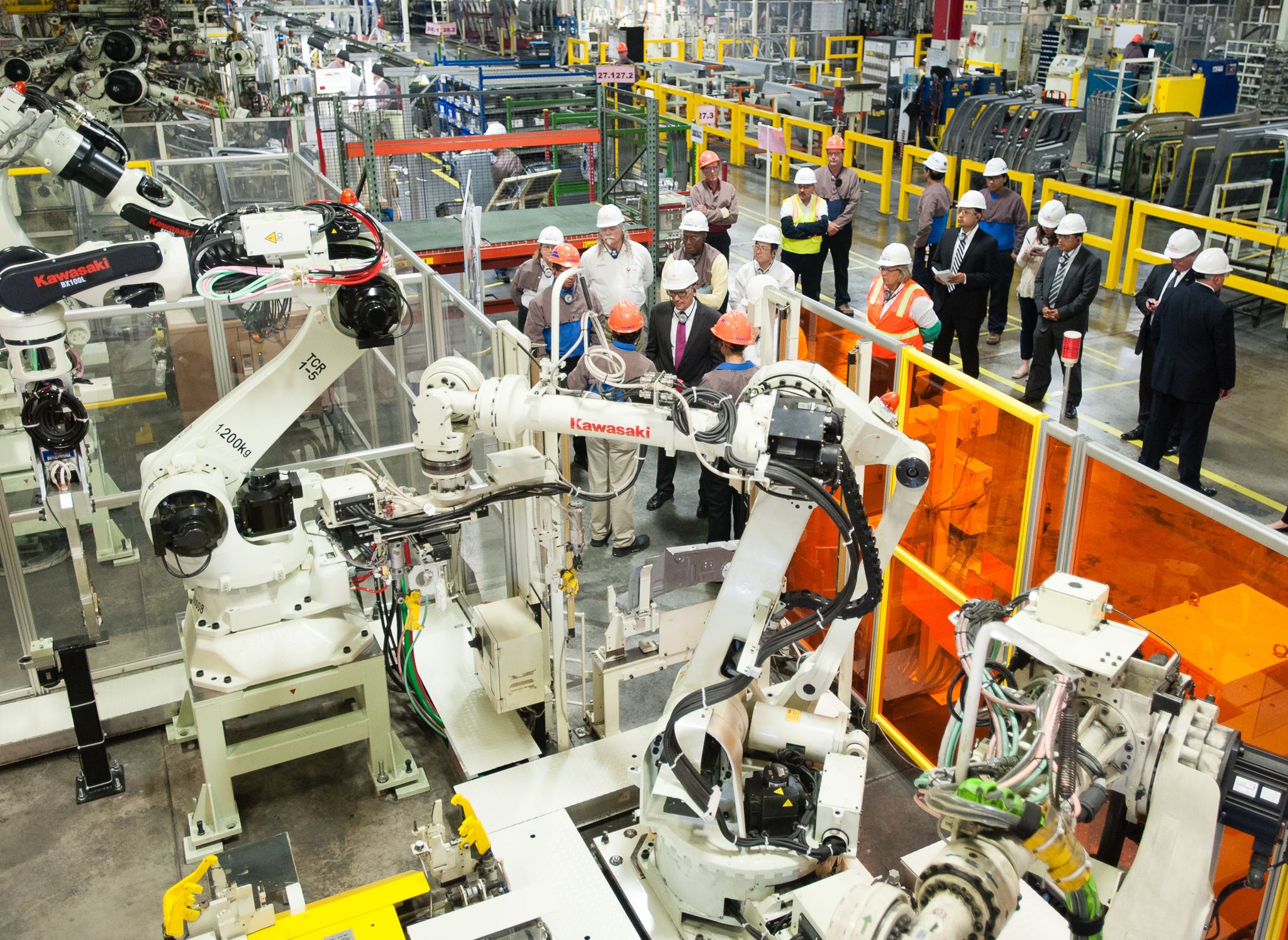U.S. tariffs on Chinese goods took effect at midnight, Friday. China immediately announced its own tariffs in response. As a trade war between the U.S. and China heats up, Texas meat producers and other exporters are due to take a hit.
KUT-Austin’s Mose Buchele reports on how a good deal for consumers is a bad one for sellers of Texas beef and pork. He says Texas doesn’t export much beef to China, because U.S. beef was banned there until last year. But China does eat a lot of pork from the U.S. With China levying tariffs on U.S. pork, less of the meat will be exported, and its domestic price will go down. Cheaper pork means a good deal for consumers, especially in comparison to beef. If we eat more pork, we’re likely to buy less beef, and that’s bad for Texas cattle producers.
Tom Benning, Washington bureau reporter for the Dallas Morning News told Texas Standard Host David Brown that it’s worth remembering China has taken actions in the past that have hurt U.S. businesses, and earned enmity across the political spectrum.
“In recent years, China has flooded the global market with excess steel,” Benning says “and that’s where we get these steel and aluminum tariffs that have been in effect for a few months now. And we’ve documented the impact on Texas and beyond. Second… Most everyone agrees with President Trump that China has long flouted conventions on trade practices, whether it’s with intellectual property rights or other issues.”
Despite Chinese provocation, many, including Gov. Greg Abbott, oppose the new tariffs on Chinese goods. And at least one Texas company, Sim-Tex, is suing the Trump administration over the tariffs.
Benning says Texas is the number one exporting state in the U.S. Harris and Tarrant counties are among the five counties nationwide with the greatest exposure to fallout from the trade war.
“There are businesses in Texas that have been quite clear that the additional costs they’re going to face from these tariffs will mean they’re going to have to curtail investment, they will have to potentially lay off workers, and ultimately, they’ll have to pass on those prices to consumers in some form or fashion,” Benning says.
But the effects will be felt beyond businesses who trade with China, Benning says.
“Really, no corner of Texas is going to be untouched by this, if this trade conflict lingers,” he says.
Written by Shelly Brisbin.















